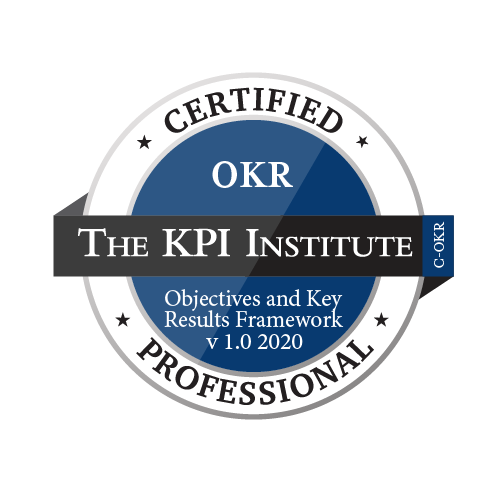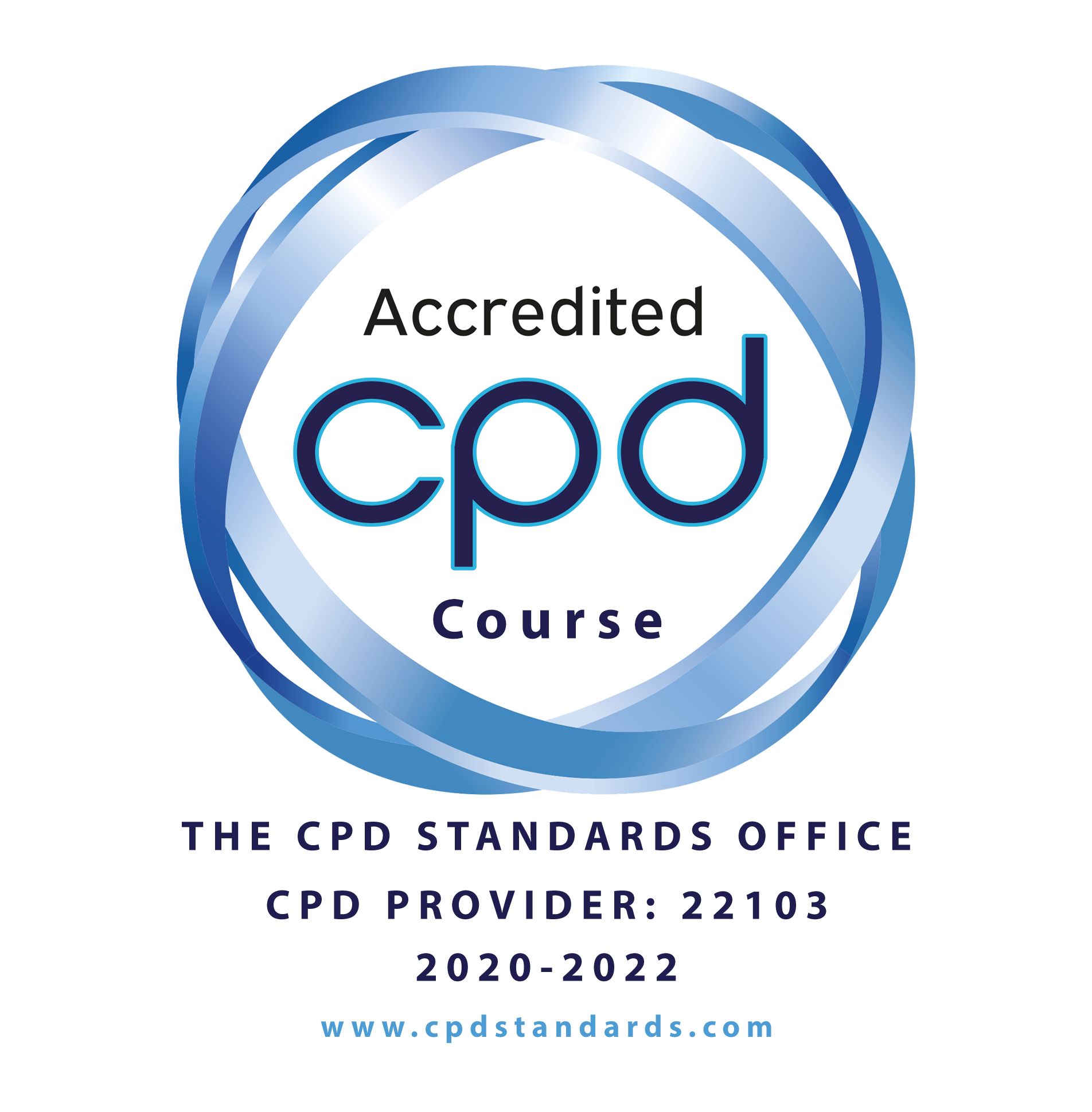Certified OKR Professional
WHY CHOOSE A CERTIFICATION IN OKRs?
The three-day course trains participants in how to set and work with OKRs and offers them the opportunity to get certified on the ability to deploy and use OKRs in accordance.


| WHY OKRs? | WHAT ARE THE MAIN BENEFITS? |
|---|---|
 |
 |
 |
 |
 |
 |
KEY LEARNING OBJECTIVES
Differentiate between objectives, Key Results and Initiatives;
Recognize different types of OKRs;
Acknowledge the benefits of stretched goals;
Understand OKR setting in different contexts;
Apply best practice techniques to align OKRs across the organization;
Comprehend the review and decision making process;
</div
|
Module 1 – Certified OKR Professional
|
Module | What you’ll learn |
1.1 OKRs project plan |
|
|
1.2 Setting OKRs |
|
|
1.3 Aligning OKRs |
|
|
1.4 OKRs measurement |
|
|
1.5 OKRs review |
|
|
1.6 Learning from OKRs |
|
